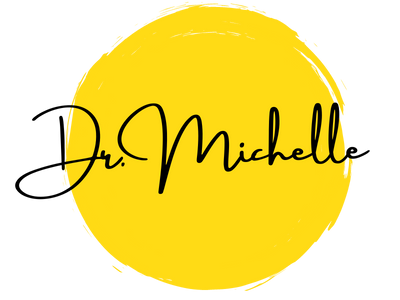
If you’ve been following my blog, you know that I’ve been diving deeply into the way that the patriarchy uses shame to keep folks in line. The norms and unquestioned traditions that we follow for no other reason than “that’s the way it’s always been” are often rigid patriarchal expectations incognito. Try to shift that norm and see what happens. How do you feel when you try to create a new path? What “shoulds” emerge? What social pressure do you notice to follow the proscribed expectations?
Often we don’t realize how the patriarchy functions in our lives, even when we try to pay attention. I have a PhD in gender studies, am a global gender scholar, and am a certified coach. I’m pretty much a professional feminist and I still miss the areas where the patriarchy lives in my brain and nervous system. And sometimes I do the patriarchy’s job by criticizing myself for not being perfectly patriarchy-free. For the record, it’s impossible to be perfect at anything and no human is free from the effects of the patriarchy.
I recently uncovered one of my deeply rooted feminist shame stories and I recognized how it has been generating self-doubt in my life for over 25 years. I changed my last name when I got married. Yep. I know. I can hear the criticisms in my own brain questioning my feminism. I remember clearly the moment when I agreed to change my last name.
I did not want to change my last name because I was not property to be transferred upon marriage. I did not want to change my last name because I identified with my birth name. I did not want to change my last name because it didn’t feel fully aligned.
I wanted to change my last name because I wanted a “fresh start” and I thought that a new name might magically conjure that opportunity. People in my hometown associated my last name with my father who died during a robbery when I was young. I wanted to change my last name because I didn’t want my name associated with that trauma anymore.
That’s when it got even messier. People in my life chimed in on what they thought I should do. For the record, my spouse was not one of those people. They started to reinforce those invisible patriarchal norms that I was about to violate by keeping my last name. I decided that changing my name would mean that I could give myself some separation from my past. If only I had a coach at the time who could have helped me see that the patriarchy was at work trying to convince me that following the rules would bring me the freedom that was an inside job. It wasn’t about my name. It was about me taking care of myself.
The shame story kicked into high gear when I realized that I wanted to go to grad school. This was a whole new life for me because I was a first-generation student. All of a sudden I realized how many other possibilities existed. I discovered that gender is an academic discipline and I earned my doctoral degree from Clark University. I saw academics cultivating all sorts of family structures for themselves. In that sphere, I was one of the only women I knew who changed her last name.
I felt shame about wanting to keep my last name and then I felt shame about changing my last name. And then I ruminated on it subconsciously for over 25 years. That quiet inner criticism that I’m not a good enough feminist because I changed my last name has kept me small. That quiet inner criticism that I’m “doing something wrong” has kept me in hustle mode.
Every single time I shine a light on shame, I find liberation. In this case, I ease my burden of self-criticism and shame. I offer my younger self some compassion and understanding because she was doing the best she could with the tools she had at the time. I honor my current self knowing that I get to decide what to think about all the choices that I make. My feminism is not a performance, nor can it be validated by anyone but me. The name I choose is just that – my choice. There’s no feminist badge of honor. In fact, there is no external measure for living a life of authenticity. The scars I carry from navigating the patriarchy remind me that complying with the patriarchy does not keep me safe. My safety and liberation come from me. That’s the revolution.
